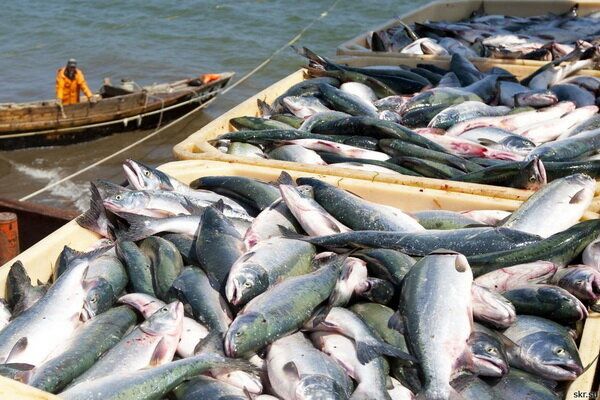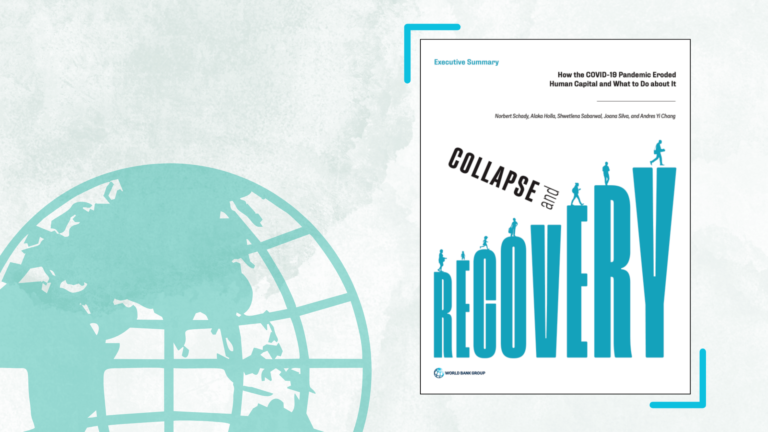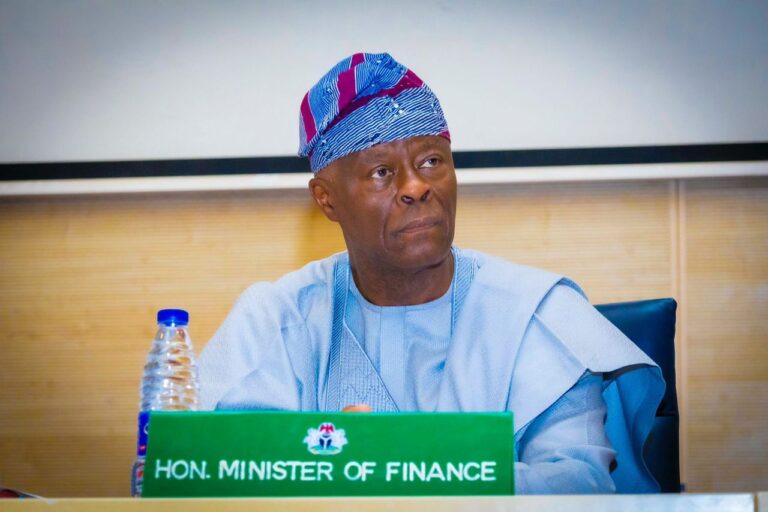The historic World Trade Organization (WTO) Agreement on Fisheries Subsidies officially entered into force, on Monday, after over two decades of negotiations. This legally binding accord, the first multilateral WTO agreement with environmental sustainability at its core, is a critical step toward curbing harmful government subsidies that fuel overfishing and the depletion of the world’s fish stocks.
The agreement, which was adopted at the WTO’s 12th Ministerial Conference in June 2022, crossed a crucial threshold as two-thirds of the organization’s 166 members formally accepted it.
Its entry into force means that ratifying countries (Brazil, Kenya, Tonga and Vietnam) are now legally bound to implement its key provisions, which target some of the most destructive fishing practices.
“Brazil, Kenya, Vietnam and Tonga got us over the line for the ratification of the Fisheries Subsidies Agreement, and they were joined by Mali and Oman! With a 114 members ratifying today, this got us over the threshold of the 111 needed for entry into force of the agreement.” Mrs. Okonjo iweala Director General of WTO expressed in a statement.
On one hand, the agreement is seen as a game-changer for many developing nations. Illegal, unreported, and unregulated (IUU) fishing, which is often enabled by harmful subsidies, costs African nations alone billions of dollars annually; $35.4 billion globally.
While this is a significant achievement, the agreement is considered a partial one. Negotiations are still ongoing to address the broader issue of subsidies that contribute to “overcapacity and overfishing.” These are subsidies that, while not directly tied to illegal activity, allow fishing fleets to grow larger and more efficient, further exacerbating the pressure on marine resources.

The successful entry into force of the first part of the agreement provides a foundation for these ongoing discussions.
In addition to the prohibitions, the agreement includes a mechanism to provide technical assistance and capacity-building to developing and least-developed countries, helping them implement the new rules effectively. Proponents of the deal highlight that it not only protects ocean health but also supports the livelihoods of coastal communities around the world who depend on sustainable fisheries.












